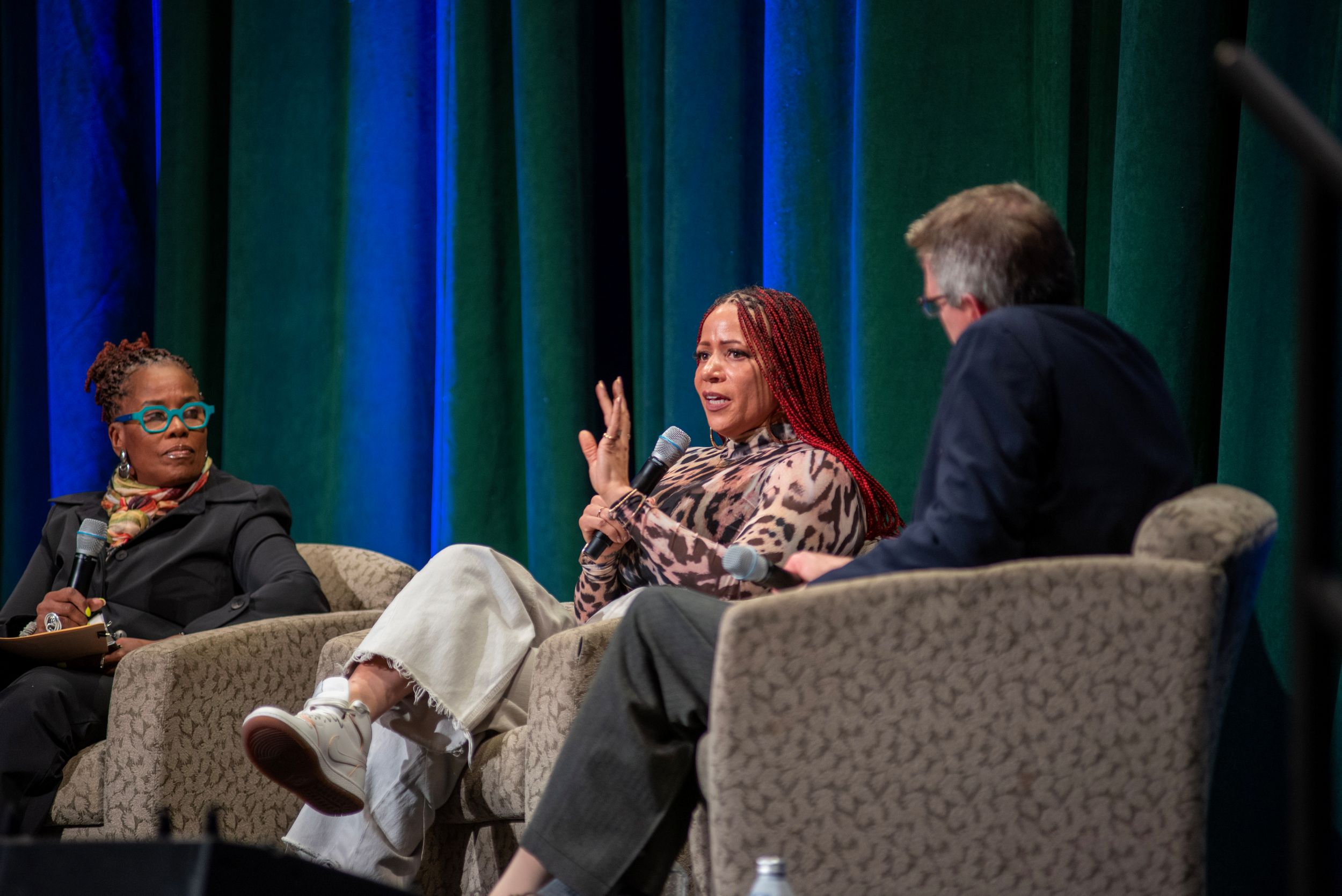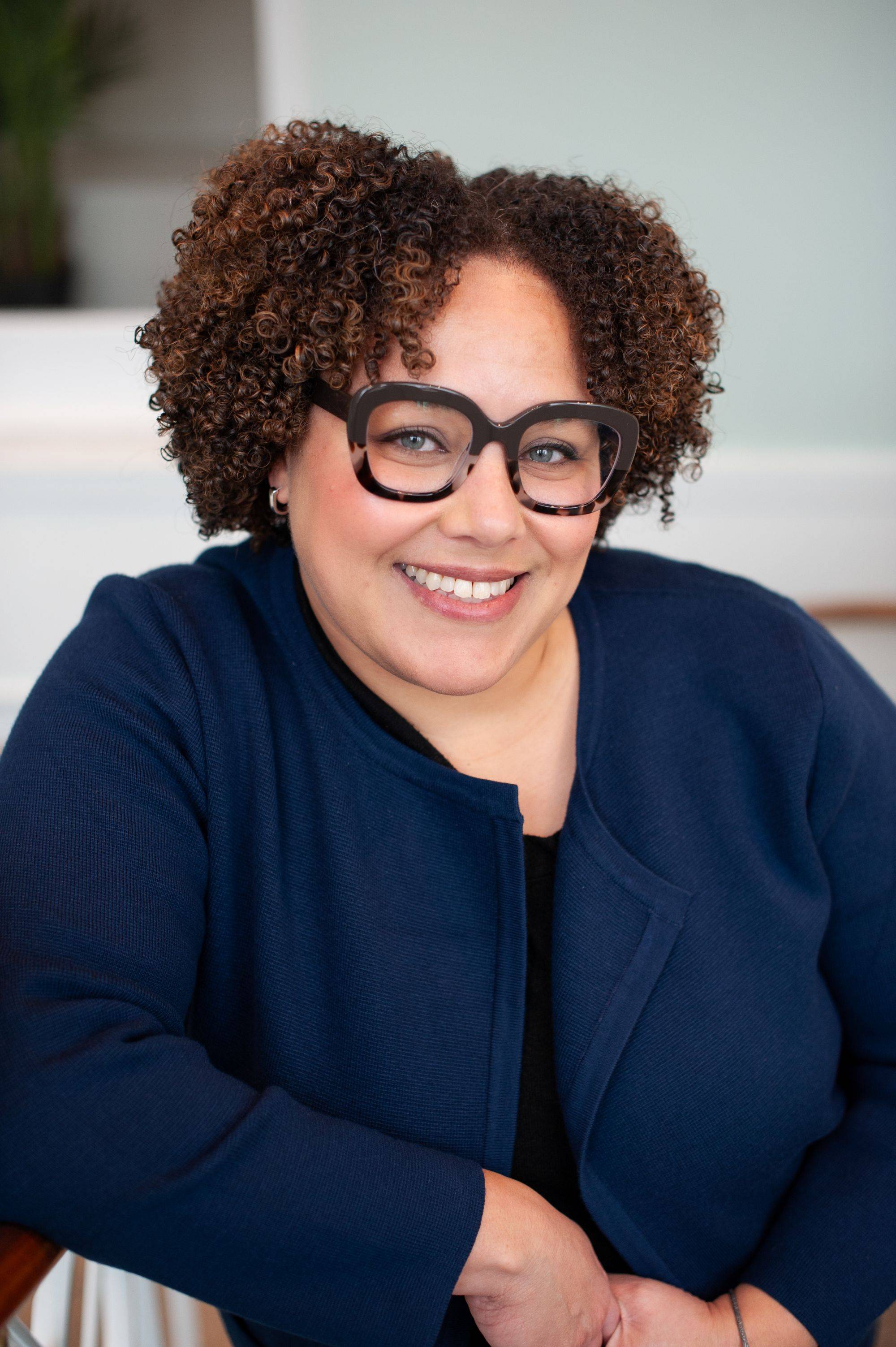 About African and African American Studies (AAAS)
About African and African American Studies (AAAS)
AAAS is an interdisciplinary field of study that explores the historical, social, cultural, economic, and political experience of African descended people in Africa and the global African diaspora. Launched in the fall of 2010, the AAAS minor program is complimentary with any major field of study. Understanding the history, diversity, and cultures of people of African descent, paired with the habits of mind nurtured by the broader liberal arts curriculum at Loyola is an asset to a wide range of careers in the education, business, legal, social/public service, academic, and non-profit sectors.
The minor contributes to the whole person (cura personalis) and prepares students to be responsible, aware citizens of local and global communities. The history and experience of African peoples is at the heart of many key social and global justice challenges in the world today; from the legacies of slavery and abolition to the anti-colonial, anti-segregation, anti-apartheid, and civil rights movements that inform twenty-first century decolonization and abolitionist movements. Rigorous academic study of these themes provides insight not only about us and our past, but it also provokes curiosity about how to engage a diverse and rapidly changing world.
Why Consider the AAAS Minor?
The AAAS minor enhances your capacity in a wide range of careers, increasing your ability to compassionately consider critical historical, social, cultural, and political contexts when engaging real-world problems. It promotes curiosity and flexibility of mind, which can be powerful assets in our fast-changing world. The interdisciplinarity of the major also provides opportunities to build a range of skills that would enhance your ability to work any field of your choosing. It is a great way to fortify the skills you acquire in your major field of study.
Contact Us
For questions or to declare the minor, contact the AAAS Director:
Ogenetoja Okoh
Associate Professor of History
E-mail: ohokoh@loyola.edu